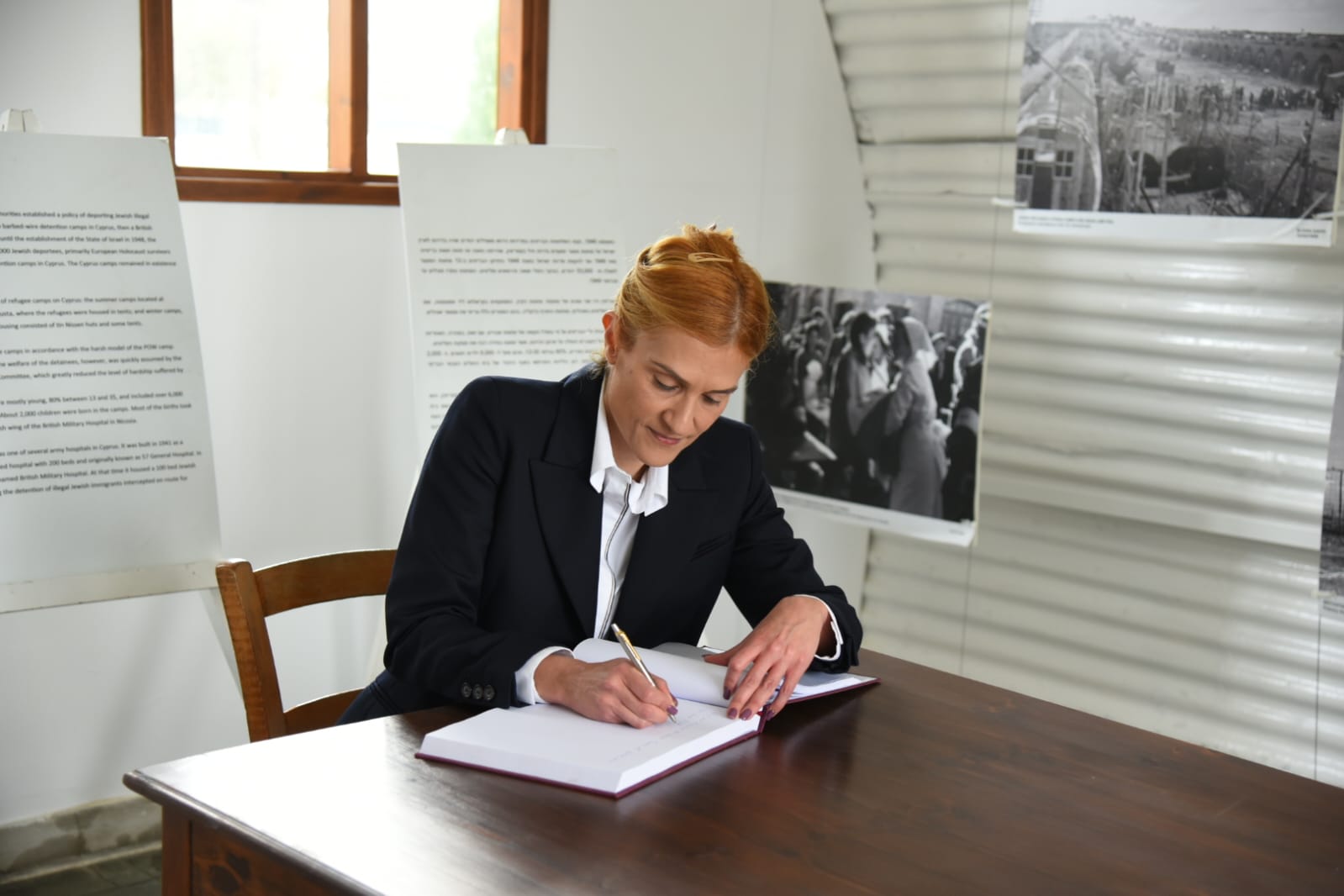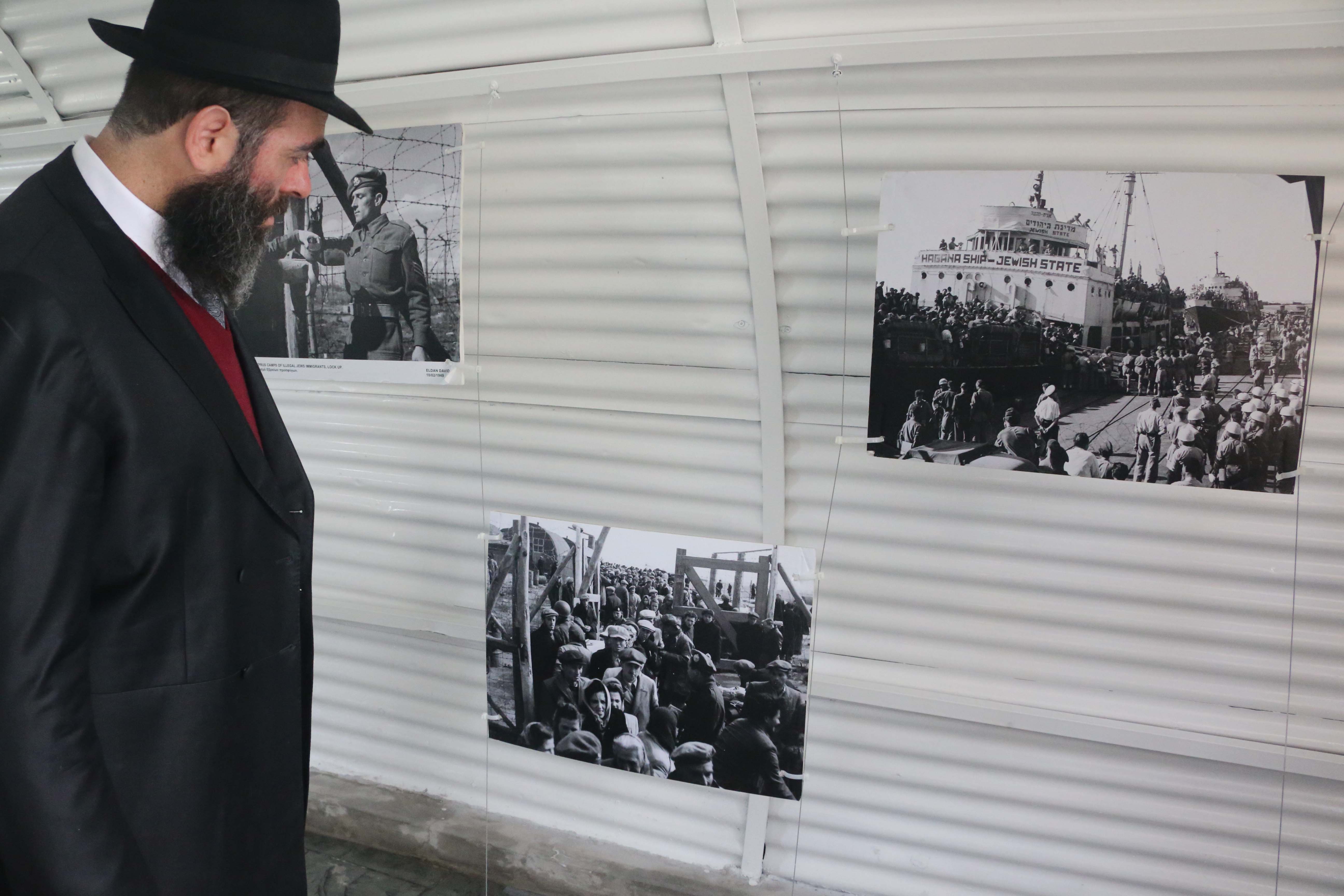Cyprus on Tuesday marked exactly 76 years since the closure of the last of the detention camps set up by the British colonial authorities in Cyprus to house Jewish people bound for Palestine.
The detainees were held in Cyprus after the ships on which they were travelling from Europe and northern Africa were diverted to the island amid a British blockade of Palestine.
More than 52,000 people, most of whom were Holocaust survivors, were detained on the island between 1946 and 1949, and more than 2,200 Jewish children were born at the camps.
There were two types of camps in Cyprus: five summer camps at the Karaolos military base in Famagusta, which is now the United Nations peacekeeping force in Cyprus (Unficyp)’s sector 4 base, housing Slovakian peacekeepers, and seven winter camps in Dhekelia.
Around 80 per cent of those in the camps were aged between 12 and 35, while 8,000 of them were aged between 12 and 18. Most of the children and teenagers were housed in Dhekelia.
To mark the anniversary, a “Cyprus-Israeli friendship monument” was unveiled by humanitarian affairs commissioner Anna Aristotelous, and dedicated to the children who were born at the camps.
“Cyprus served as the intermediate and final stop on the journey of thousands of Jews to Palestine. The operation of the detention camps during that three-year period was one of the most massive and final pages in the history of the Jewish migrant presence on this island,” she said.
She spoke of “50,000 exhausted people, who, after escaping the hell of the concentration camps and the violent expulsion from the countries in which they lived, had as their only desire to be reborn from the ashes of the horrors of war and to live peacefully and humanely with their families.
“The millions of Jews who were murdered during the second world war and the antisemitic policies of the governments in many countries in which they lived, as well as the refusal of many countries to accept the thousands of refugees after the end of the war, demonstrated the need for the establishment of a Jewish state,” she said.
“On their way to their new homeland, they found temporary refuge in Cyprus, which offered them the security and care they had been missing so much in their lives. The response of the Cypriot people, as has been the case throughout history in every humanitarian crisis, was immediate, practical and memorable,” she said.

She added that Cypriots had “generously provided the support, comfort and solidarity that our Jewish fellow human beings needed”.
Referring to the monument itself, she said, “the space in which we are standing is part of the common history of our countries and recalls the long and difficult path leading to the establishment of the State of Israel”.
Most of those interned in Cyprus did reach Palestine, with the State of Israel being created in 1948.






Click here to change your cookie preferences